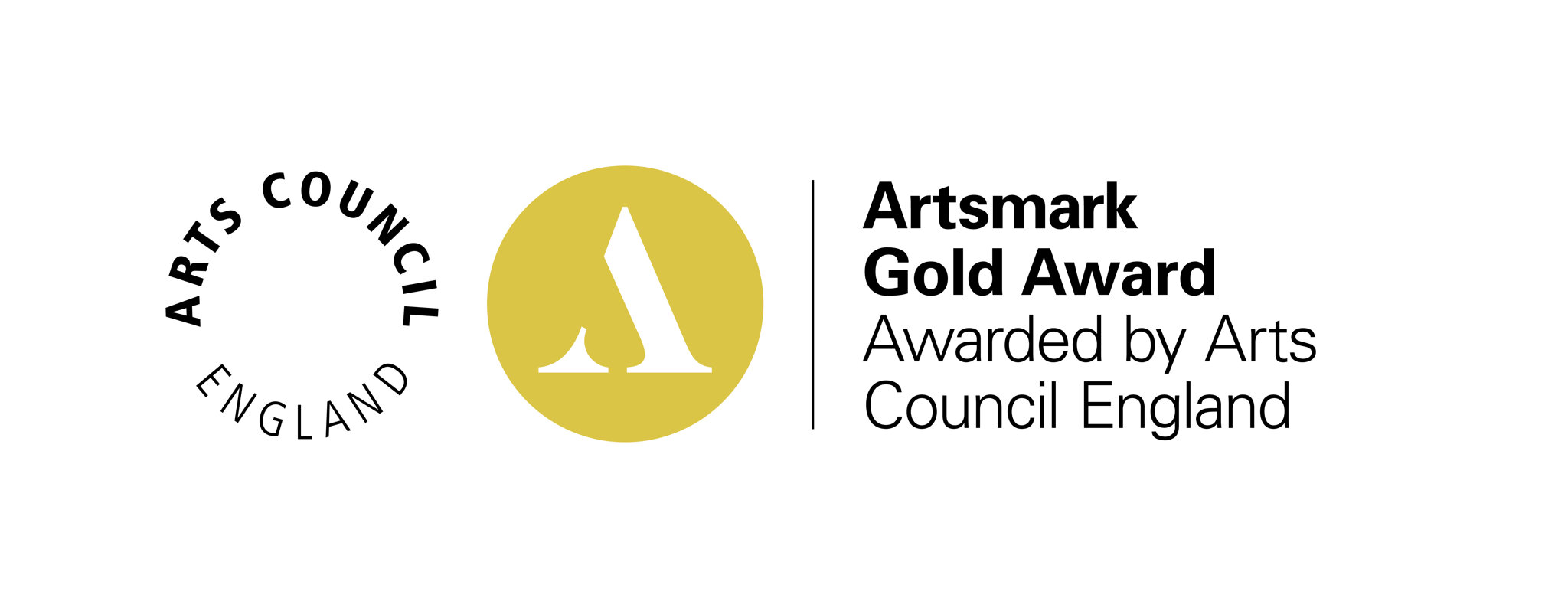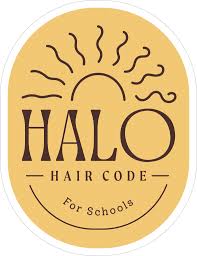SEND
SEND Newsletters
What are Special Educational Needs and Disabilities?
Under the SEND Code of Practice (DfE, 2014), a child is deemed to have Special Educational Needs or Disabilities, or SEND, if they have ‘significantly greater difficulty in learning than the majority of others of the same age’, or a disability ‘prevents or hinders him or her from making use of facilities of a kind generally provided for others of the same age in a mainstream school’. Special educational provision is needed for them, over and above that which can be met through high quality classroom teaching and differentiation.
The broad areas of need are identified as:
- Communication and interaction
- Cognition and learning
- Social, emotional and mental health difficulties
- Sensory and/or physical needs
They may be for a short period or throughout a child’s educational life. These may be identified before a child has even entered school or they may come to be recognised at a specific point in their education.
What is the SEND Code of Practice?
The SEND Code of Practice sets out statutory guidance for schools. A revised SEND Code of Practice was implemented in September 2014, with the main aim of developing better partnerships between children, parents/carers, educational settings, health professionals and social care.
The revised SEND code of practice can be downloaded here: SEND Code of Practice
Who might be involved in supporting my child with SEND at St Matthew’s?
At St Matthew’s, we have a large team of dedicated and experienced staff who support children with Special Educational Needs. This includes:
• Class teachers
• Learning Support Assistants & Special Support Assistants
• Special Support Assistants with a specialism, for example, Emotional Literacy or Speech and Language
• SENDCO – Tracy Young
• Members of the Senior Leadership Team
• Family Support Worker & Learning Mentor
• Midday Welfare Assistants
We are also fortunate to have excellent relationships with the:
• Specialist SEND Service
• Educational Psychologist
• Behaviour Support teacher
• Golden Hill Inclusion Support Team
• Speech and Language Therapists (SALTS)
• Occupational Therapists (OT)
• Sensory Impairment Service
• Early Help Team
• Children’s Social Care
who we work in partnership with to support our pupils with SEND.
We also collaborate closely with the SEND Officer at the Local Authority.
We recognise that children’s needs are most effectively met by working in collaboration with parents to secure the best outcomes for their child. This takes many forms for example Team around the child/family (TAC/TAF) meetings, Individual Education Plan (IEP) meetings, multi-agency meetings, parent support from our Family Support Worker or simply a quick telephone call or email.
If you have any questions, the first person to contact would be your child's class teacher. You are also very welcome to contact our SENDCO, Tracy Young.
SEND Information


.JPG)


